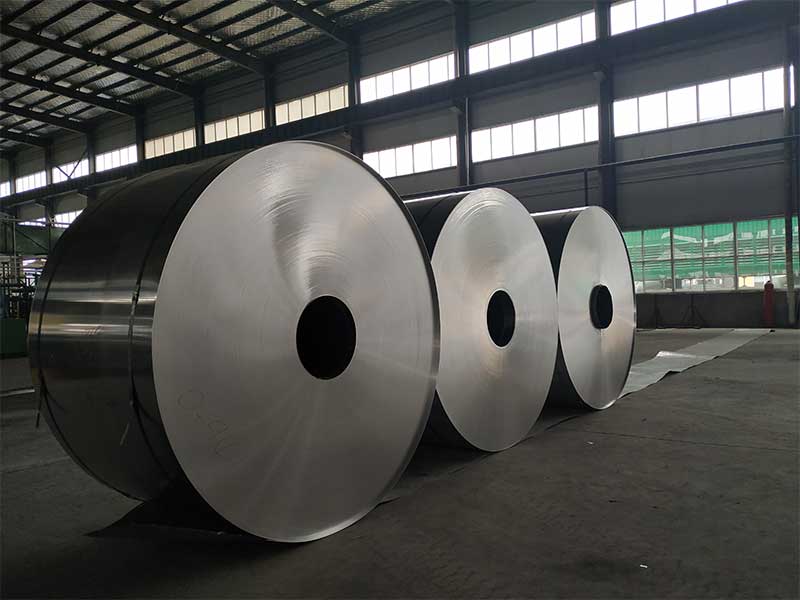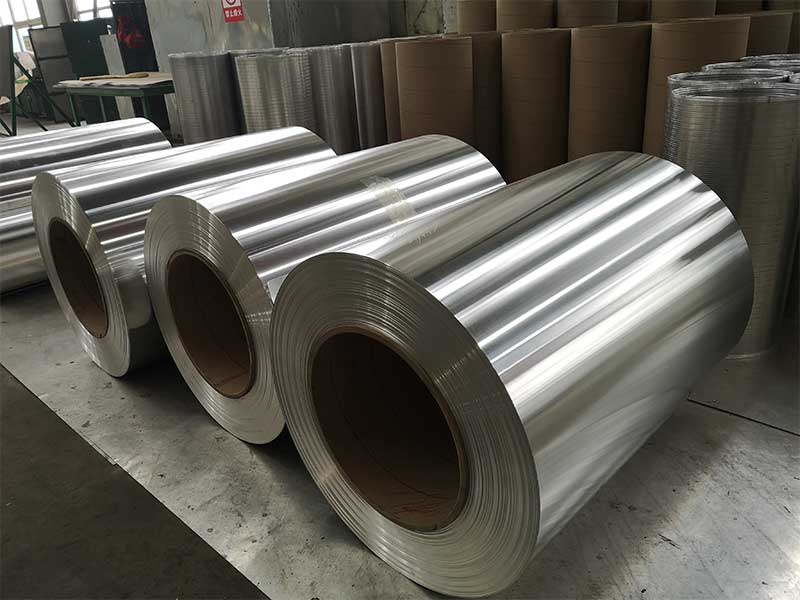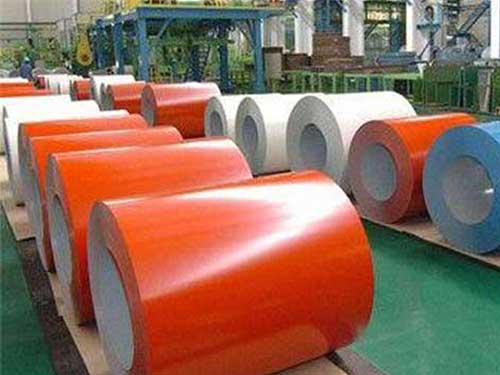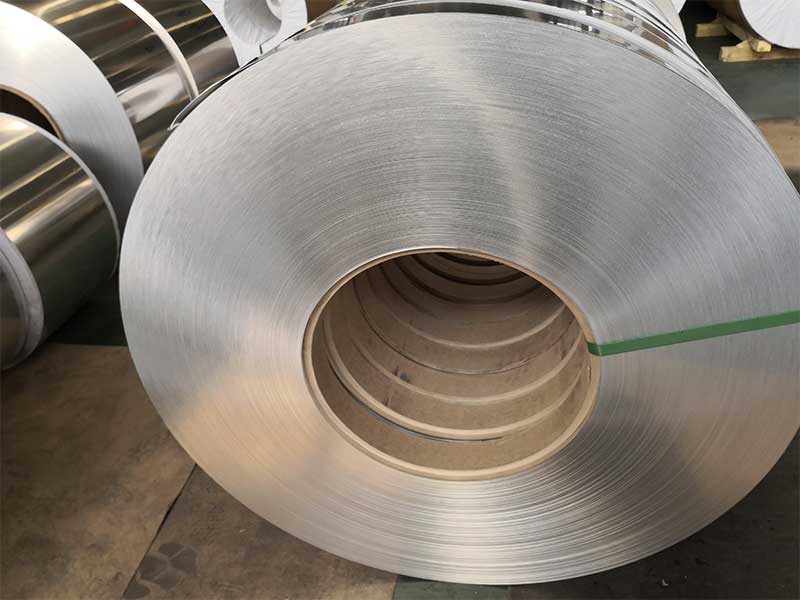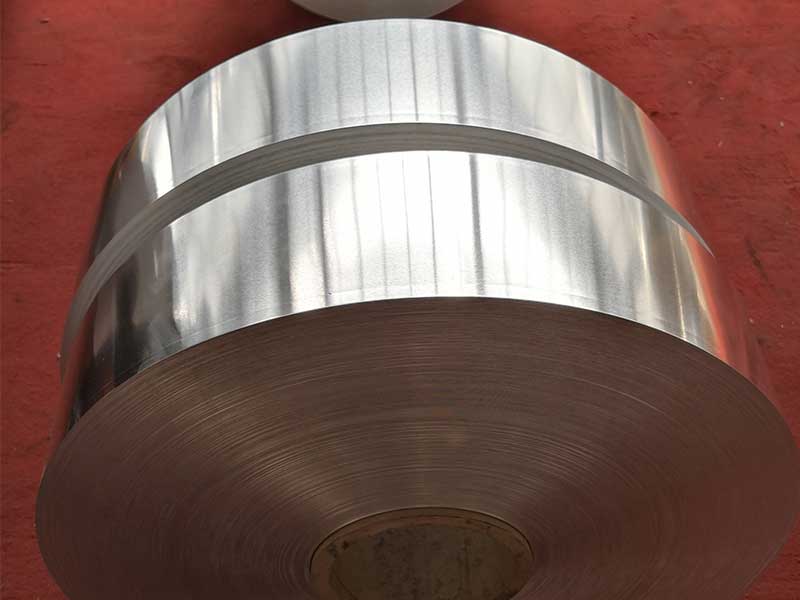Aluminum coil Hot Rol 1050 1070 5052 5754
the Diverse Functions and Applications of Aluminum Coil Hot Rolled 1050, 1070, 5052, and 5754
Aluminum has become a cornerstone material in various industries, notably due to its lightweight nature, corrosion resistance, and excellent thermal conductivity. Within the sphere of aluminum products, hot-rolled aluminum coil stands out as a versatile option, especially those made from alloys such as 1050, 1070, 5052, and 5754. Each of these alloy numbers signifies unique properties tailored for specific applications, demonstrating the aluminum coil's broad appeal and functionality.
Working with hot-rolled aluminum coils in grades 1050, 1070, 5052, and 5754 reveals distinct processing challenges and application-specific considerations. The 1050 and 1070 series, being commercially pure aluminum, are relatively soft and easily formable, making them ideal for deep drawing and applications requiring high ductility. However, their low strength necessitates careful handling to avoid scratching or denting during processing. We often see issues with surface imperfections stemming from inadequate lubrication during the hot rolling process itself, leading to higher reject rates. Furthermore, the inherent softness makes them less resistant to wear, limiting their suitability for high-stress applications.
Conversely, the 5052 and 5754 alloys, with their magnesium additions, offer significantly improved strength and corrosion resistance. This makes them popular choices for transportation, marine, and construction applications, where durability is paramount. However, their increased strength translates to more demanding forming processes, often requiring specialized tooling and potentially higher energy consumption during fabrication. We've found that maintaining consistent coil temperature during downstream processing is crucial with these alloys to prevent cracking or uneven deformation. Careful control of the annealing process is also essential to achieve optimal mechanical properties and surface finish, impacting both yield and final product quality.
Different Alloys: A Unique Perspective
-
Alloy 1050: Alloy 1050 mirrors exceptional purity, primarily composed of 99.5% aluminum. This high level of purity renders it particularly useful in applications where electrical conductivity is critical. For instance, the 1050 aluminum coil is commonly employed in the electrical industry for busbars and conductors, recognizing its inherent ability to conduct electricity efficiently. Additionally, its malleability facilitates easy manipulation for various manufacturing processes.
-
Alloy 1070: Similar to its counterpart, 1070 aluminum boasts an incredibly high aluminum content at 99.7%. The uniqueness of 1070 alloy lies in its improved performance concerning corrosion resistance, making it an outstanding choice for food packaging and chemical processes. The roll form also aids in facilitating quick and economical production schedules, particularly for the packaging industry, catering effectively to consumer demands.
-
Alloy 5052: Distinctly known for its excellent formability and favorable welding characteristics, alloy 5052 represents a shift into alloys that incorporate magnesium (around 2.5%). This inclusion enhances its strength, juxtaposed with great corrosion resistance, advantageous in marine applications and structures still needing the agile strength to withstand harsh conditions. Notably, ships or oil rigs use 5052 aluminum coils in their critical components, effectively combining durability and lightweight qualities.
-
Alloy 5754: When heights of strength are needed without compromising on weight, alloy 5754 steps in gracefully. Predominantly containing magnesium at about 3-5%, this alloy is known for its strength and robustness. It's commonly used in making parts and materials for the automotive industry, particularly in areas that require exceptional resistance to saltwater and other corrosive environments, such as shipbuilding activities. The benefits of aluminum coil 5754 make it paramount in creating long-lasting structural elements in many vehicular dementias.
A Cross-Industry Palette of Applications
The applications of hot-rolled aluminum coil span diverse sectors, rendering them indispensable across several industries:
-
Construction: Aluminum coils offer an appealing aesthetic yet resilient angle on many architectural designs and structures. Their corrosion-resistant properties come in handy in facade cladding and roofing materials.
-
Transportation: Utilizing alloys such as 5052 and 5754, notable in various vehicle components, notably enhances weight ratios that inherently improve fuel efficiency.
-
Electrical: Particularly with 1050 and 1070, the simplicity of electrical component designs lends itself brilliantly to enhancing essential installations, maintaining functionality with additional compatibility through adaptable forms.
-
Packaging: Food and chemical packaging reflects the absolute need for user-friendly, resistant materials; thus, 1070 alloys provide excellent reliability while also leaving little environmental footprint.
https://www.alusheets.com/a/aluminum-coil-hot-rol-1050-1070-5052-5754.html

